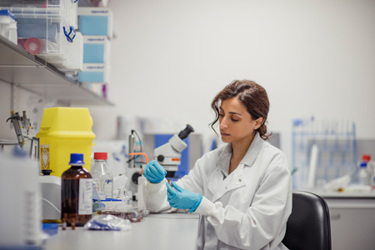How Stability Characterization Parameters Help You Create Biologics Developability Profiles

Biologics are complex molecules that can be sensitive to changes in their environment. As a result, it is important to characterize the stability of biologics throughout their development and manufacturing processes. Stability characterization can be used to identify potential stability issues early on, which can help to reduce the risk of costly delays or failures.
There are a number of different stability parameters that can be used to characterize biologics. Some common stability parameters include thermal stability, colloidal stability, purity, aggregation, and degradation.
By measuring these stability parameters, researchers can gain insights into how a biologic will behave under different conditions. This information can then be used to develop formulation and manufacturing processes that will help to ensure the stability of the biologic throughout its lifecycle.
This article provides a more detailed overview of stability characterization for biologics and how stability characterization data can be used to create biologics developability profiles. Developability profiles are used to assess the potential of a biologic to be successfully developed and manufactured. By understanding the stability characteristics of a biologic, researchers can make more informed decisions about its development and manufacturing.
Get unlimited access to:
Enter your credentials below to log in. Not yet a member of Bioprocess Online? Subscribe today.
